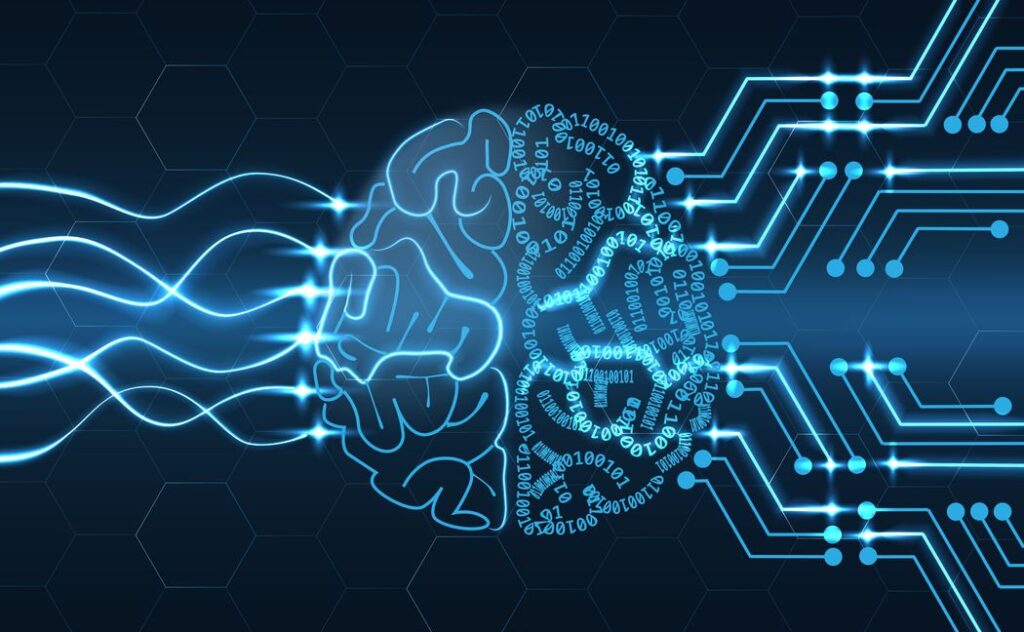AI services have cropped up across all kinds of industries in recent years: Everything from the spellchecker you use at work to the smart speaker you play at home probably has some kind of artificial intelligence behind it. But the security industry in particular has seen a slow but steady transformation thanks to AI, and that’s having big implications for the alarm installation market. Here’s why it matters so much to vendors, and what you should know about the value AI adds.
Why AI is a Marketable Alarm Feature
AI in alarms typically focuses on audio and video data (a more rudimentary form is also found in modern smoke detectors that compare multiple factors to decide on a positive result).
A common starting point for this type of AI is with motion detection systems. Programming a security camera to understand if something is moving is relatively easy. Programming a camera’s sensors to decide if that something is a human is far more complex. And trying to create software that can accurately diagnose if a human is posing a threat or not is an additional layer of difficulty – especially in low-light conditions.
Some of these problems can be mitigated by having users choose motion-sensing zones for the software to carefully analyze more than the rest of the data (this can help reduce false alarms from things like swaying trees or passing cars). Other beginner-level software can be taught the difference between the movement an animal makes and the movement a human makes, further reducing errors.
More advanced systems can continue to add data from different sensors are the system to help conclude whether an alarm report should be sent, and what additional steps should be taken. The result is a great reduction in false alarms – and any associated fines, which centers have to absorb or pass along to their clients.
Alarm Central Station Benefits
Alarm monitoring stations stand to gain the most from the continued use of AI in A/V systems. It’s estimated that the average operator at a monitoring station in a city takes on around three alarms per minute through their system, and that an incredible 95% of these alarms will be false.
That’s not just a burden on operators that requires more labor to deal with – it’s a severe limitation on how the monitoring center can deal with genuine alarm calls that require contacting law enforcement or other, further action. Often, when alarm centers attempt to expand to deal with the number of false alarms, they end up receiving even more false alarms as a result, which threatens the ability of the station to do its job.
AI alarm monitoring and AI-powered sensors drastically cut down on these false alarms, saving lots of time, and enabling monitoring services to do their jobs. Since today’s connected security platforms can be updated more easily even after installation, software both on the devices and in the monitoring center itself can be regularly updated to make AI even more accurate, leading to ongoing benefits of adopting this technology.
The Science Behind Deep Learning
For those worried about what “AI” means for privacy and data collection, the process doesn’t really represent any danger. Deep learning and neural networks used in security systems like this depend on engineers programming them with countless samples, then providing a metric to decide whether those samples are positive or negative. The software adds data to its processes every time it runs a sample, learning a bit more from choosing right or wrong answers. After millions of tests – and more added all the time – the software has developed an accurate process for identifying positive cases, mostly by getting it wrong so many times before.
That also means that private data from users isn’t necessary to teach the system. Even video records from security cams are only kept for a limited amount of time before clearing space for other storage needs. The AI is not invasive in any way.
Advantages for the System Owner
It’s a useful perk that owners can expect AI to improve the operation of monitoring stations – if they’re paying monitoring fees, they want reliable, high-quality service during emergencies. But there are other benefits that buyers can also enjoy, which make AI services even easier to market to clients.
For example, alarm notifications aren’t just sent to monitoring stations these days. They are also sent to mobile devices so that users can immediately tap into the video and make decisions of their own (especially if they aren’t currently using a monitoring service). No one likes to be annoyed by unnecessary alerts on their phone, especially if they need to be checked to make sure there’s not a chance of an emergency. Lowering the number of false alarms also reduces stress for users this way, and generally makes apps a lot more comfortable to use even without needing to turn off notification functions.
Conclusion
AI still has exciting features to explore in the alarm industry, including more information on suspicious movements and additional confirmations with linked devices. This will all help greatly reduce false alarms, improve trust between organizations, and make it easier for the average client to choose and manage an advanced alarm installation.






